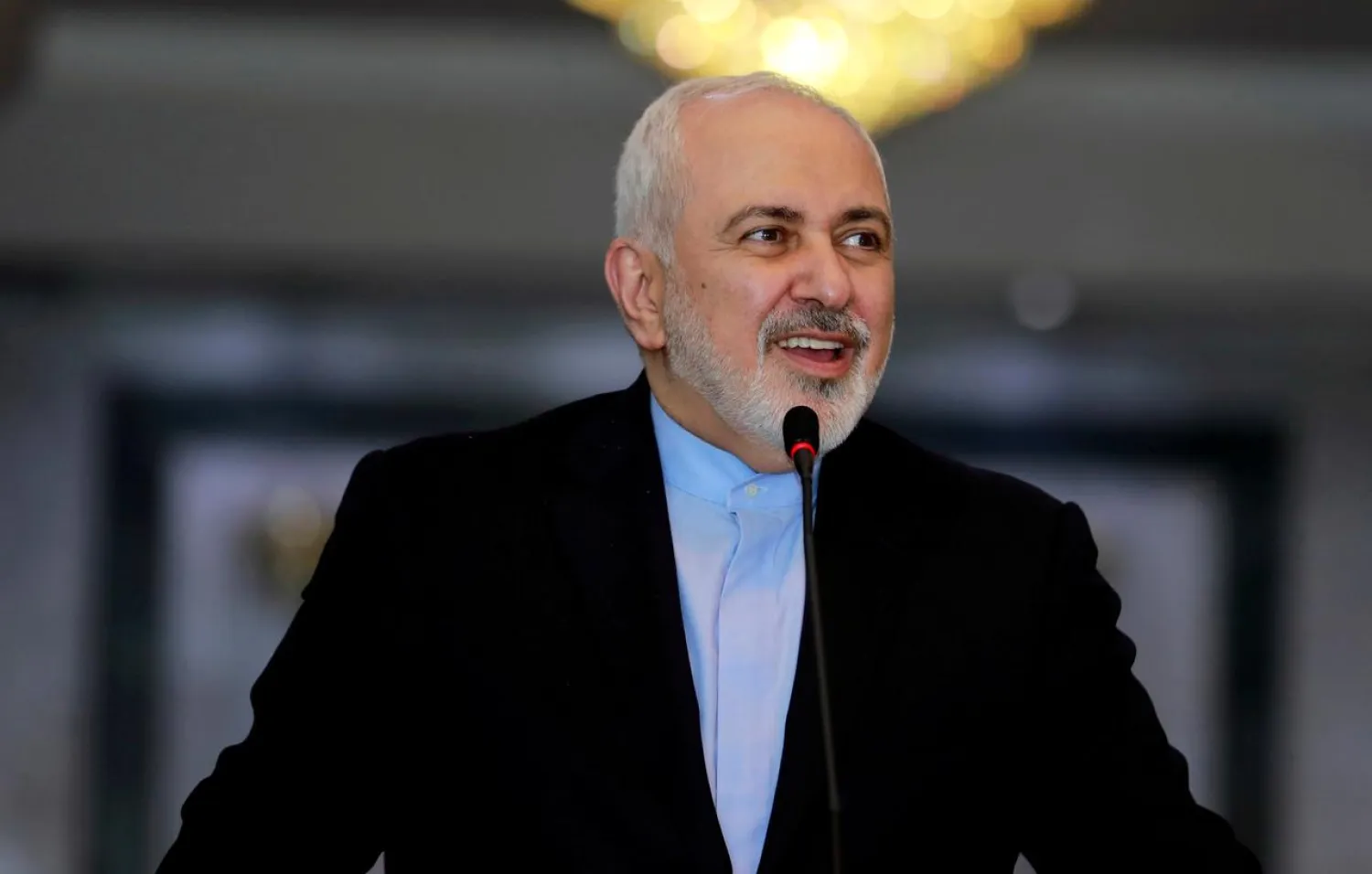Iranian Foreign Minister Mohammad Javad Zarif has returned to market the initiative known as the Hormuz Peace Endeavor which was put forward by Tehran at the UN General Assembly last September.
Tehran said the initiative was for "building confidence" among countries in the region and was pitched amid international efforts to ensure the security of navigation in Gulf waters and international corridors.
According to Iranian agencies, Zarif invited regional countries to join the “confidence-building” initiative during his participation at the Munich Security Conference (MSC) in Doha this week.
Iran has yet to announce details of the initiative, but said it was directed to eight regional countries. The initiative comes after Zarif tried to persuade countries in the region to conclude a non-aggression agreement with Iran.
The Hormuz Peace Endeavor was put forward by the Iranian government after tensions with Washington rose.
Iranian media quoted Zarif as saying that the initiative consists of four foundations - “non-interference in the affairs of others, non-aggression, commitment to energy security, and compliance with international law.”
The US and Iran have come close to a military confrontation in June against the backdrop of military escalation in the Gulf and tensions rising between the two countries after Washington decided to withdraw from the Iranian nuclear deal in May 2018 and impose new economic sanctions on Iran.
Iran faces accusations from Western countries of seeking regional hegemony, through its allies in Lebanon, Iraq and Syria.
Iran is also threatening to close the Strait of Hormuz, a strategic crossing for world oil trade, if Washington takes military action.
Tensions remain strong, especially after Washington, Riyadh, Berlin, London and Paris accused Tehran of being responsible for the September 14 attacks on two Saudi oil facilities.
The three European countries called for a new agreement, covering regional security issues, the ballistic missile program, and the nuclear deal.









